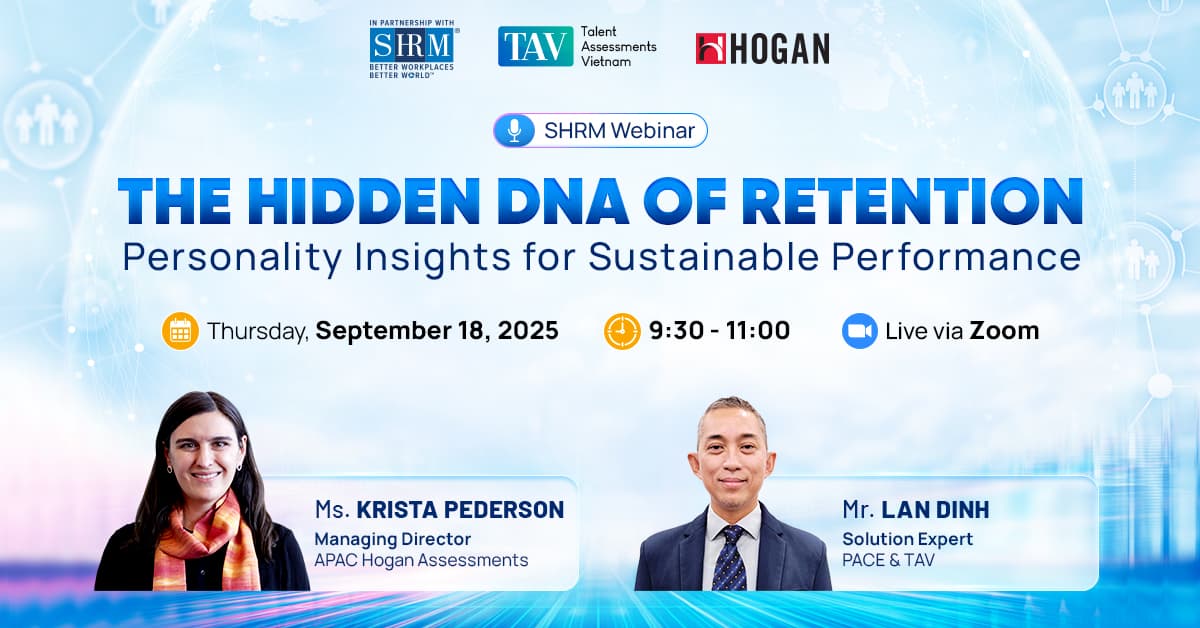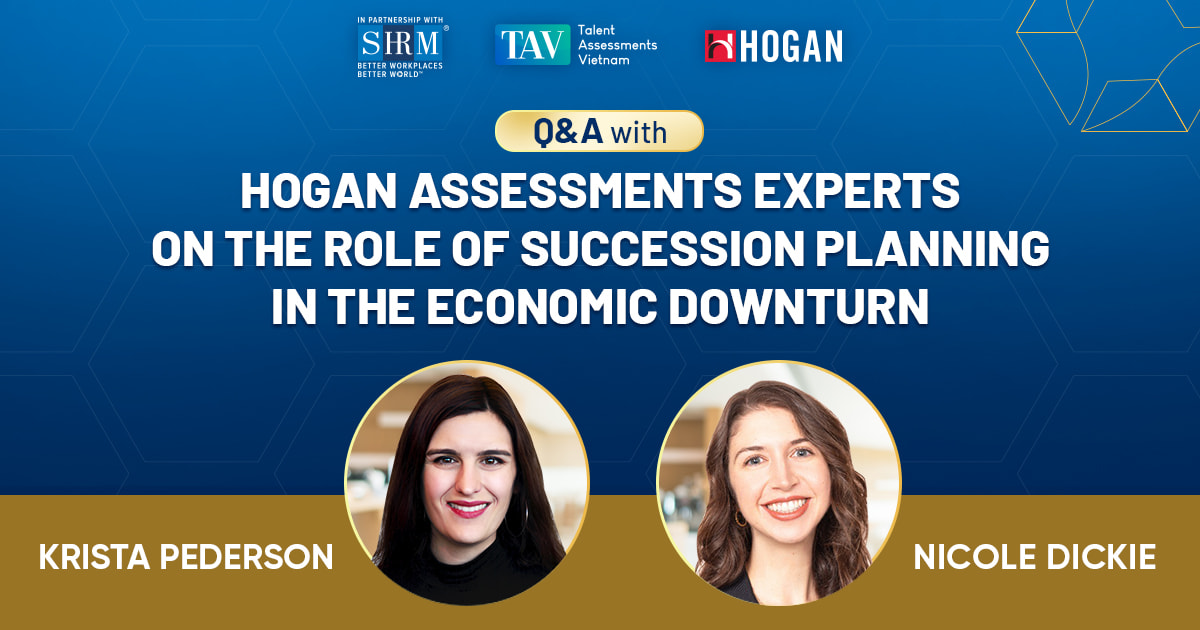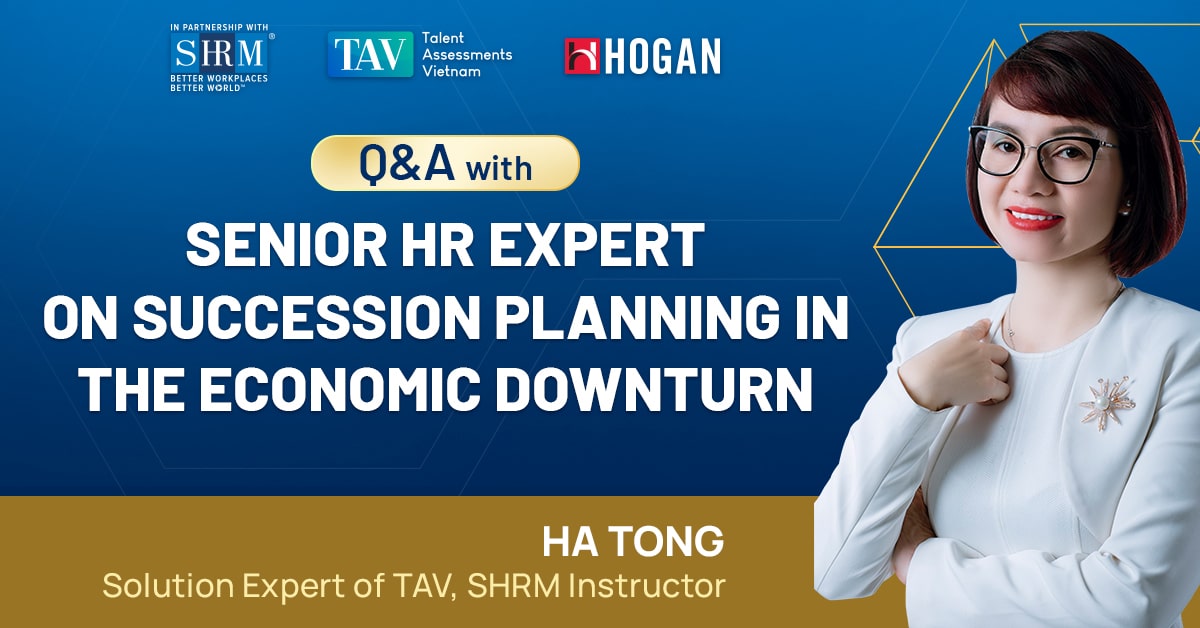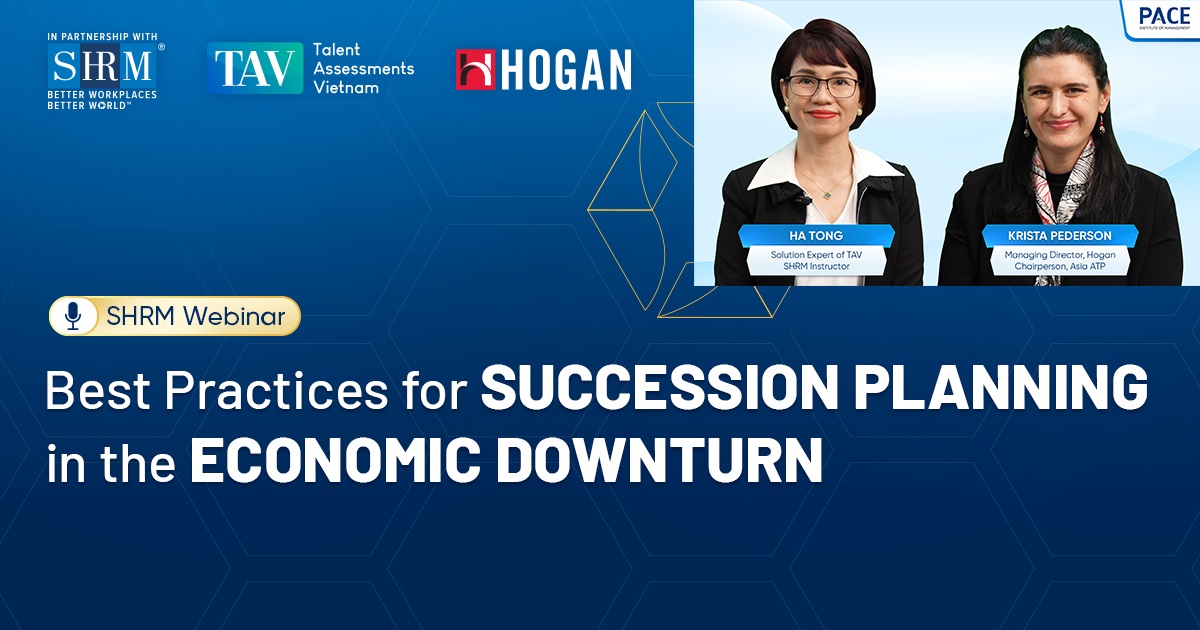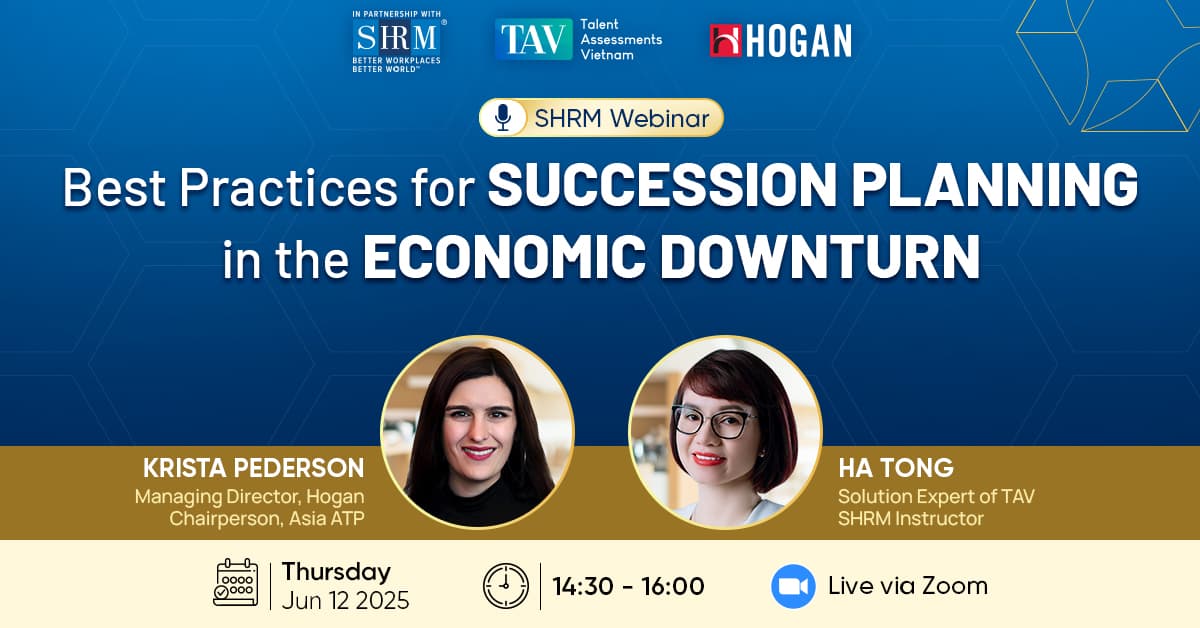THE 7 BIGGEST MISTAKES NEW HR PROFESSIONALS MAKE
Do you remember your first job? Whether it was three years ago or three decades ago, chances are that one of your strongest recollections is of a mistake you made. You might have trusted the wrong person, made an error in judgment that affected a colleague or customer, or inadvertently taken the CEO’s parking spot on your first day. (Is it your fault that you and the big boss have the same last name?)
As embarrassing as these “rookie mistakes” may be, they are critical for career development. They teach us—vividly and unforgettably—what not to do, thereby illuminating the path to a job well done and a career well crafted. Failure, as it turns out, is one of the best teachers, as long as we are willing to learn its lessons.
That’s why we asked you, the HR community, to tell us via social media and e-mail the biggest mistakes you see being made by new HR practitioners. You didn’t hold back. Some of you shared your own “oops” moments, while others described the blunders of the newbies in your workplaces. Take a look at these common trouble areas to gain some insight into how they might inform your own professional journey. All quotes have been sourced from LinkedIn, Facebook, Twitter and member e-mails.
1. Being Too Friendly
Carole Robinson described as “cheerleading”—in other words, trying too hard to please everyone. “HR is not about ‘liking people,’ ” commented Robinson, owner of HR consulting firm Check It Off in Granville, Ohio. “It’s about understanding people, business practices and regulatory demands, as well as developing a culture that allows the business and the staff to thrive.” That means “your friendships [and] personal needs are secondary to your obligation to your employer,” wrote Josh Seitz, SHRM-CP, director of HR at Horizon Credit Union in Spokane Valley, Wash. Remaining professional is also critical to recruiting efforts. Refrain from asking candidates personal questions, advised Sara Gerardo, an executive recruiter at Prime Financial Recruiting in Rockwall, Texas. “It’s tempting to want to chat and really get to know a candidate, but it’s important to stick to employment-related questions only,” she commented. [SHRM members'-only article: HR's role when ethics and law collide.]
2. Sharing Confidential Information
The No. 2 mistake was sharing confidential information, and it was a biggie. Several people pointed out that handling confidential employee data—“essentially understanding who needs to know what,” as Tanasha Bethel, a leave administrator at Huntington Ingalls Industries Inc. in Newport News, Va., put it—is one of HR’s biggest responsibilities. That’s why it’s so important to get it right and why this mistake can be hard to recover from.
“It’s a lesson to be taught, learned and respected before anything else,” wrote Brian Arnesman, SHRM-SCP, senior HRIS analyst at a New Jersey-based insurance company. “Using confidential information about other employees in our own career negotiations and gripes, or even sharing with non-stakeholding HR team members, is totally unacceptable. Anyone who makes the mistake is lucky to get a second chance.”
3. Forgetting that Your Employees Are Humans
HR professionals are certainly not alone in their increased reliance on technology and data to do their jobs. Yet no one has figured out how to automate empathy and critical thinking—two cornerstones of being a successful HR leader. So, while learning to leverage new tools is important, skilled practitioners never forget what the “H” in HR stands for. “The biggest mistake I see … is not digging deeper to understand the employees they support and treating them like numbers on a spreadsheet or just a resource,” commented Mandy Kurfurst, an HR manager at One Community Health in Hood River, Ore. “They miss the human aspect of what they are doing. You can be objective while still knowing your people. Get up, walk around, be present with the people you support. It goes a long way toward breaking the negative stereotype we are labeled with.” Suggestions for developing the human touch included thinking of HR as a customer service role, in which managers and employees are your customers, and embracing an open-door policy as much as possible. “Allow the staff that you support to ask questions and don’t just shove them off to your [online] portal,” suggested Sandra Rojo, SHRM-CP, an HR representative at HORIBA Instruments Inc. in Irvine, Calif.
4. Believing HR Is One-Size-Fits-All
5. Having a Know-It-All Attitude
It’s hard to admit when you aren’t quite grasping something—or a lot of things—and sometimes rookies hide what they don’t know by pretending they have all the answers. Indeed, many of you agreed that a frequent amateur error was, as Natalie Stuller Harding, SHRM-SCP, stated, “being afraid to say, ‘I don’t know. Let me look into that and get back to you.’ ” That fear may stem in part from a lack of perspective that comes with experience; those who have been in the work world for a while usually understand that learning on the fly is part of the deal. So it’s important to let novices know that “no one is expected to know everything all the time,” wrote Harding, who is director of people operations at FormFire in the Cleveland area. “Better to take the time to research than to give advice that could put the company in a position of liability.” Talking to others is also key. “You have to remain humble and not be afraid to ask questions,” said Ericka S. Browning, a Detroit-based HR practitioner. “Don’t always automatically assume. Really take the time to learn and nurture your craft.”
6. Failing to Take the Position Seriously
Like being a know-it-all, the tendency to oversimplify complex issues often arises from not knowing enough, which can be a real blind spot for those starting out in any endeavor. We don’t know what we don’t know, as the saying goes. As a result, people can sometimes suggest Band-Aid solutions to problems more akin to gushing wounds. For example, “you can’t successfully recruit and retain employees if you don’t understand what their role is and what impact they have on the organization,” wrote Jessica Taylor, SHRM-CP, an HR generalist at ITW Deltar Components in Lakeville, Conn. “The further you dig to understand your business and its pain points, the better you can support the organization.” That may be why “new HR professionals tend to not be as proactive in solving complex employee relations issues,” commented Jonathan Flickinger, J.D., chief human capital officer at Quality Life Services in the Pittsburgh area. “They sometimes let [the problem] go, and it can spiral out of control quickly—affecting culture, legal liability and/or employee morale.” Seasoned HR leaders can help less-experienced colleagues to settle into their roles by providing insight into the things beginners might not know—and then giving them the time and space to learn. “We need to remember they are new professionals, and we cannot expect them to solve complex issues,” said Michael Smith, an HR manager with Greenstone in Sydney, Australia. “The first thing they need to learn … is to build relationships, find a rapport with senior management, to understand how they think.” Spending time fostering relationships and learning will pay dividends down the line. In the near term, though, “we cannot expect results from them,” Smith said. “Once they have cemented their relationships and know how to handle conversations with management, they will then be able to influence—which I don’t expect in the first year.”
7. Believing a Degree = Experience
As important as an HR education is, it’s also critical to realize that the real world is considerably more nuanced than the classroom. Failure to grasp that “has resulted in making uninformed decisions that involve people without understanding the context and having overconfidence,” said Christine E. Rowe, SHRM-SCP, an HR leader based in Washington, D.C. “For example, I worked with a new benefits administrator (who I later found out did not want to be in benefits)... . [She partnered with] a manager to terminate an employee without discussing it with me first. This caused many issues because one, she didn’t know the context and two, she gave inaccurate information.”
|
Training Program
INTERNATIONAL HUMAN RESOURCE MANAGEMENT/IHRM
Internationalize the human resource management capabilities of HR professionals in Vietnam
Opening Date: Stember 13, 2018 in HCMC
Opening Date: Stember 20, 2018 in Hanoi
|
